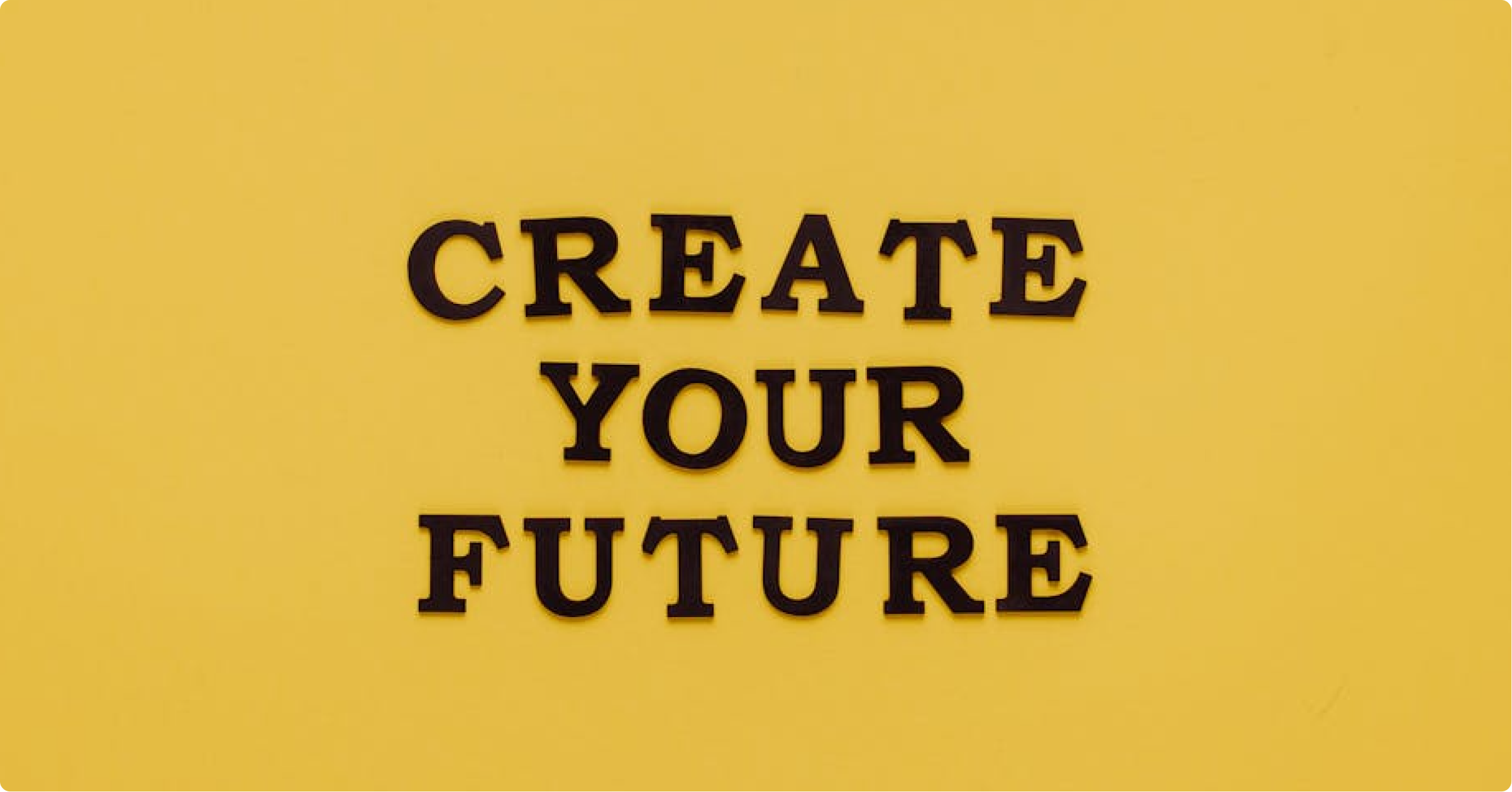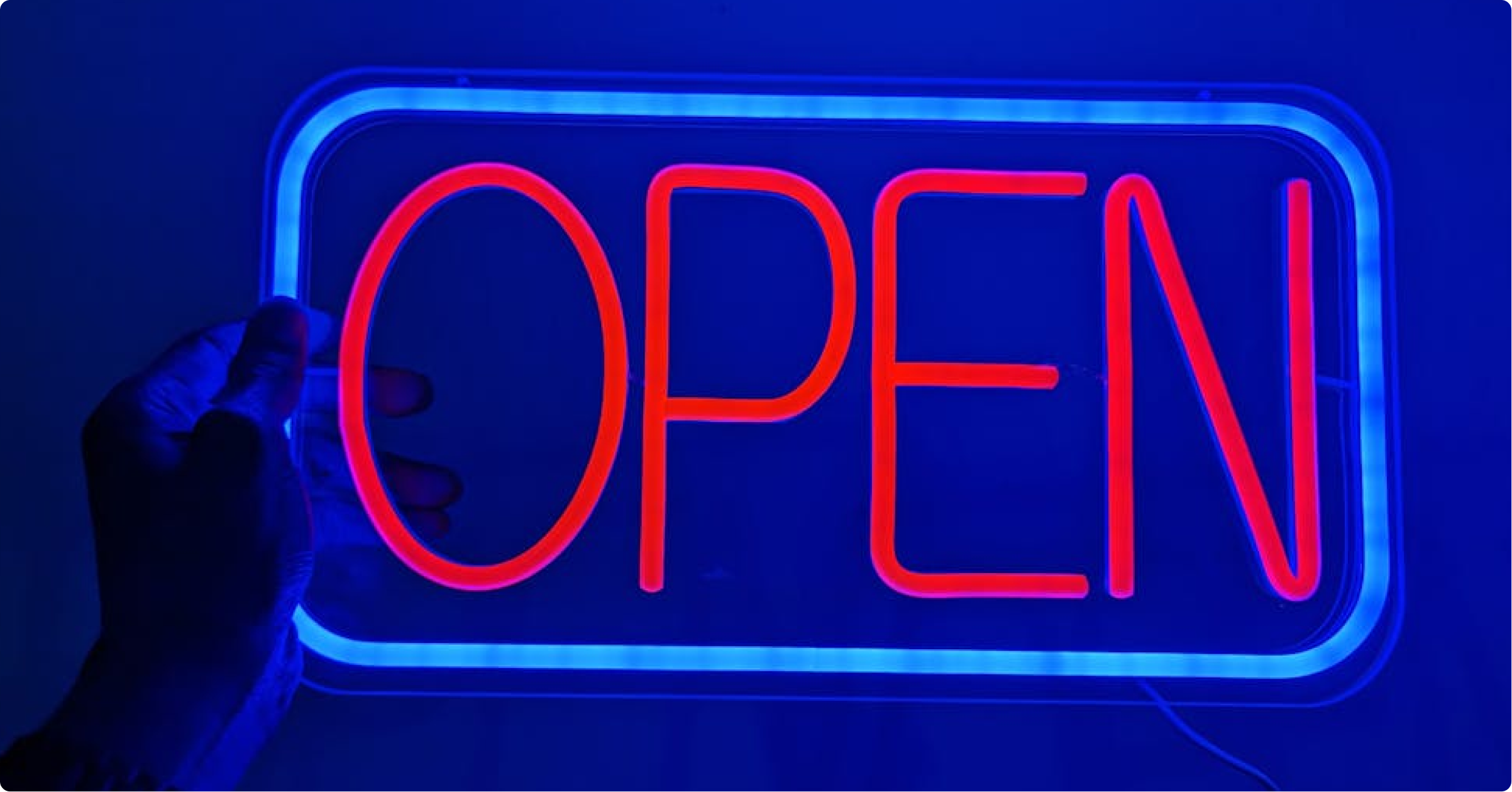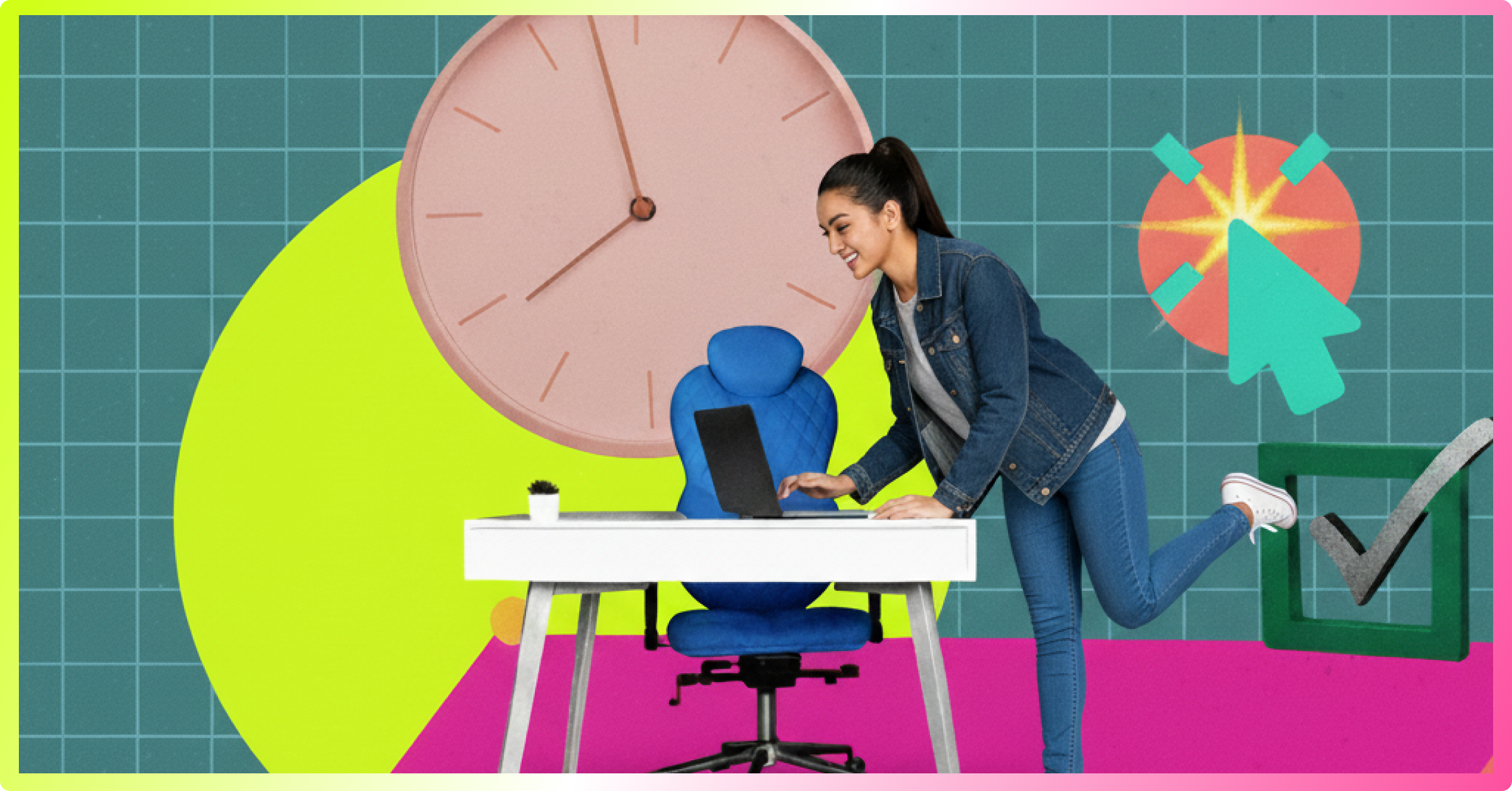

When you hear Blockchain you might think of currencies like Bitcoin and Ethereum, or NFTs. But did you know that Blockchain is a great way to manage identity verification at scale?
Decentralised and transparent, Blockchain securely verifies identities without traditional, human-intensive systems. PwC sees Blockchain revolutionising sectors like supply chains and finance. Now, it's also making its mark in HR and compliance.
Blockchain may be the best way to manage identity verification at scale. Its decentralised and transparent nature allows for secure, efficient identity verification. It does this without using traditional, resource-heavy systems. PwC sees Blockchain as a tech that will revolutionise many sectors, from supply chains to finance. Now, it's also making its mark in HR and compliance [1].
The GDPR rules are clear - companies must get consent to process personal data. They must also provide clear ways to verify identities and they cannot hold talent data for longer than necessary. Blockchain's encryption gives businesses a clear, trackable record of consent. This helps companies stay on the right side of the law
A big hurdle for businesses hiring freelancers is compliance with GDPR. They also need to verify the freelancers' identities and credentials.
In short, managing identities is harder than asking for a scanned ID. It risks data breaches, loss of personal information, and noncompliance with data laws.
Also, manual identity checks are slow and error-prone, especially as companies scale. Suppose you have a large pool of freelancers in different regions. Then, verifying each person's identity and compliance can become overwhelming. Blockchain technology solves the problem. It provides a secure, decentralized way to store and verify ID info. It ensures that only authorized parties can access sensitive data. Also, each identity check is traceable and transparent.
The Street says blockchain could improve ID verification. It's crucial for businesses with many freelancers across various jurisdictions [2]. Blockchain can store and verify identity info. It does not require access to sensitive data. This reduces the risk of exposing private information to breaches. This is vital for companies wanting to expand or work with remote talent. They are cautious due to the regulations. Blockchain-based solutions minimize personal data use and ensure its secure management.
Blockchain lets businesses automate and secure the verification process. It eliminates many manual tasks in identity checks. A key benefit is its transparency and immutability. Once a blockchain verifies an ID, no one can tamper with it. All parties can trust that the verification follows pre-set rules.
In addition to being more secure, blockchain-driven ID verification also improves efficiency. For freelancers and remote workers, this system streamlines onboarding. They control the info they share, reducing friction. For businesses, this means a faster, simpler, and cheaper way to verify identities and comply with regulations.
While blockchain technology offers tremendous potential, it also ensures that companies comply with data protection laws. Under the GDPR, companies must get consent to process personal data. They must also provide clear ways to verify identities. Blockchain's encryption gives businesses a clear, trackable record of consent. This helps companies stay on the right side of the law.
Also, Blockchain gives an auditable verification trail. This is critical if you are audited for GDPR compliance. This level of accountability minimizes the risk of non-compliance penalties. It adds an extra layer of security for companies and their workers.
As the number of remote and freelance workers continues to grow, blockchain technology will likely play an increasingly important role in how businesses verify the identities of their flexible workforce. A 2023 Upwork report said that nearly 45% of companies plan to rely more on freelancers in the coming years. This shift to remote, flexible work offers a chance to use Blockchain to manage a secure, compliant workforce [3].
For businesses wanting to use blockchain for freelancers, Doerscircle Enterprise offers a solution. The platform lets companies verify freelancer identities. It accomplishes this with security and efficiency. It also tracks compliance and checks for all required documents. Doerscircle Enterprise's identity verification dashboard lets businesses verify freelancers. They can see the status, check the methods used, and ensure compliance.
Blockchain can streamline verification. This helps businesses comply and manage flexible talent, like freelancers and remote workers. Doerscircle helps companies stay secure, compliant, and agile. It lets them scale their freelance workforce with confidence.
[1] Blockchain and Digital Identity (https://www.pwc.com/it/it/publications/assets/docs/blockchain-and-digital-identity.pdf)
[3] Freelance forward (https://www.upwork.com/research/freelance-forward-2023-research-report)

When you hear Blockchain you might think of currencies like Bitcoin and Ethereum, or NFTs. But did you know that Blockchain is a great way to manage identity verification at scale?
Decentralised and transparent, Blockchain securely verifies identities without traditional, human-intensive systems. PwC sees Blockchain revolutionising sectors like supply chains and finance. Now, it's also making its mark in HR and compliance.
Blockchain may be the best way to manage identity verification at scale. Its decentralised and transparent nature allows for secure, efficient identity verification. It does this without using traditional, resource-heavy systems. PwC sees Blockchain as a tech that will revolutionise many sectors, from supply chains to finance. Now, it's also making its mark in HR and compliance [1].
The GDPR rules are clear - companies must get consent to process personal data. They must also provide clear ways to verify identities and they cannot hold talent data for longer than necessary. Blockchain's encryption gives businesses a clear, trackable record of consent. This helps companies stay on the right side of the law
A big hurdle for businesses hiring freelancers is compliance with GDPR. They also need to verify the freelancers' identities and credentials.
In short, managing identities is harder than asking for a scanned ID. It risks data breaches, loss of personal information, and noncompliance with data laws.
Also, manual identity checks are slow and error-prone, especially as companies scale. Suppose you have a large pool of freelancers in different regions. Then, verifying each person's identity and compliance can become overwhelming. Blockchain technology solves the problem. It provides a secure, decentralized way to store and verify ID info. It ensures that only authorized parties can access sensitive data. Also, each identity check is traceable and transparent.
The Street says blockchain could improve ID verification. It's crucial for businesses with many freelancers across various jurisdictions [2]. Blockchain can store and verify identity info. It does not require access to sensitive data. This reduces the risk of exposing private information to breaches. This is vital for companies wanting to expand or work with remote talent. They are cautious due to the regulations. Blockchain-based solutions minimize personal data use and ensure its secure management.
Blockchain lets businesses automate and secure the verification process. It eliminates many manual tasks in identity checks. A key benefit is its transparency and immutability. Once a blockchain verifies an ID, no one can tamper with it. All parties can trust that the verification follows pre-set rules.
In addition to being more secure, blockchain-driven ID verification also improves efficiency. For freelancers and remote workers, this system streamlines onboarding. They control the info they share, reducing friction. For businesses, this means a faster, simpler, and cheaper way to verify identities and comply with regulations.
While blockchain technology offers tremendous potential, it also ensures that companies comply with data protection laws. Under the GDPR, companies must get consent to process personal data. They must also provide clear ways to verify identities. Blockchain's encryption gives businesses a clear, trackable record of consent. This helps companies stay on the right side of the law.
Also, Blockchain gives an auditable verification trail. This is critical if you are audited for GDPR compliance. This level of accountability minimizes the risk of non-compliance penalties. It adds an extra layer of security for companies and their workers.
As the number of remote and freelance workers continues to grow, blockchain technology will likely play an increasingly important role in how businesses verify the identities of their flexible workforce. A 2023 Upwork report said that nearly 45% of companies plan to rely more on freelancers in the coming years. This shift to remote, flexible work offers a chance to use Blockchain to manage a secure, compliant workforce [3].
For businesses wanting to use blockchain for freelancers, Doerscircle Enterprise offers a solution. The platform lets companies verify freelancer identities. It accomplishes this with security and efficiency. It also tracks compliance and checks for all required documents. Doerscircle Enterprise's identity verification dashboard lets businesses verify freelancers. They can see the status, check the methods used, and ensure compliance.
Blockchain can streamline verification. This helps businesses comply and manage flexible talent, like freelancers and remote workers. Doerscircle helps companies stay secure, compliant, and agile. It lets them scale their freelance workforce with confidence.
[1] Blockchain and Digital Identity (https://www.pwc.com/it/it/publications/assets/docs/blockchain-and-digital-identity.pdf)
[3] Freelance forward (https://www.upwork.com/research/freelance-forward-2023-research-report)
When you hear Blockchain you might think of currencies like Bitcoin and Ethereum, or NFTs. But did you know that Blockchain is a great way to manage identity verification at scale?
Decentralised and transparent, Blockchain securely verifies identities without traditional, human-intensive systems. PwC sees Blockchain revolutionising sectors like supply chains and finance. Now, it's also making its mark in HR and compliance.
Blockchain may be the best way to manage identity verification at scale. Its decentralised and transparent nature allows for secure, efficient identity verification. It does this without using traditional, resource-heavy systems. PwC sees Blockchain as a tech that will revolutionise many sectors, from supply chains to finance. Now, it's also making its mark in HR and compliance [1].
The GDPR rules are clear - companies must get consent to process personal data. They must also provide clear ways to verify identities and they cannot hold talent data for longer than necessary. Blockchain's encryption gives businesses a clear, trackable record of consent. This helps companies stay on the right side of the law
A big hurdle for businesses hiring freelancers is compliance with GDPR. They also need to verify the freelancers' identities and credentials.
In short, managing identities is harder than asking for a scanned ID. It risks data breaches, loss of personal information, and noncompliance with data laws.
Also, manual identity checks are slow and error-prone, especially as companies scale. Suppose you have a large pool of freelancers in different regions. Then, verifying each person's identity and compliance can become overwhelming. Blockchain technology solves the problem. It provides a secure, decentralized way to store and verify ID info. It ensures that only authorized parties can access sensitive data. Also, each identity check is traceable and transparent.
The Street says blockchain could improve ID verification. It's crucial for businesses with many freelancers across various jurisdictions [2]. Blockchain can store and verify identity info. It does not require access to sensitive data. This reduces the risk of exposing private information to breaches. This is vital for companies wanting to expand or work with remote talent. They are cautious due to the regulations. Blockchain-based solutions minimize personal data use and ensure its secure management.
Blockchain lets businesses automate and secure the verification process. It eliminates many manual tasks in identity checks. A key benefit is its transparency and immutability. Once a blockchain verifies an ID, no one can tamper with it. All parties can trust that the verification follows pre-set rules.
In addition to being more secure, blockchain-driven ID verification also improves efficiency. For freelancers and remote workers, this system streamlines onboarding. They control the info they share, reducing friction. For businesses, this means a faster, simpler, and cheaper way to verify identities and comply with regulations.
While blockchain technology offers tremendous potential, it also ensures that companies comply with data protection laws. Under the GDPR, companies must get consent to process personal data. They must also provide clear ways to verify identities. Blockchain's encryption gives businesses a clear, trackable record of consent. This helps companies stay on the right side of the law.
Also, Blockchain gives an auditable verification trail. This is critical if you are audited for GDPR compliance. This level of accountability minimizes the risk of non-compliance penalties. It adds an extra layer of security for companies and their workers.
As the number of remote and freelance workers continues to grow, blockchain technology will likely play an increasingly important role in how businesses verify the identities of their flexible workforce. A 2023 Upwork report said that nearly 45% of companies plan to rely more on freelancers in the coming years. This shift to remote, flexible work offers a chance to use Blockchain to manage a secure, compliant workforce [3].
For businesses wanting to use blockchain for freelancers, Doerscircle Enterprise offers a solution. The platform lets companies verify freelancer identities. It accomplishes this with security and efficiency. It also tracks compliance and checks for all required documents. Doerscircle Enterprise's identity verification dashboard lets businesses verify freelancers. They can see the status, check the methods used, and ensure compliance.
Blockchain can streamline verification. This helps businesses comply and manage flexible talent, like freelancers and remote workers. Doerscircle helps companies stay secure, compliant, and agile. It lets them scale their freelance workforce with confidence.
[1] Blockchain and Digital Identity (https://www.pwc.com/it/it/publications/assets/docs/blockchain-and-digital-identity.pdf)
[3] Freelance forward (https://www.upwork.com/research/freelance-forward-2023-research-report)
When you hear Blockchain you might think of currencies like Bitcoin and Ethereum, or NFTs. But did you know that Blockchain is a great way to manage identity verification at scale?
Decentralised and transparent, Blockchain securely verifies identities without traditional, human-intensive systems. PwC sees Blockchain revolutionising sectors like supply chains and finance. Now, it's also making its mark in HR and compliance.
Blockchain may be the best way to manage identity verification at scale. Its decentralised and transparent nature allows for secure, efficient identity verification. It does this without using traditional, resource-heavy systems. PwC sees Blockchain as a tech that will revolutionise many sectors, from supply chains to finance. Now, it's also making its mark in HR and compliance [1].
The GDPR rules are clear - companies must get consent to process personal data. They must also provide clear ways to verify identities and they cannot hold talent data for longer than necessary. Blockchain's encryption gives businesses a clear, trackable record of consent. This helps companies stay on the right side of the law
A big hurdle for businesses hiring freelancers is compliance with GDPR. They also need to verify the freelancers' identities and credentials.
In short, managing identities is harder than asking for a scanned ID. It risks data breaches, loss of personal information, and noncompliance with data laws.
Also, manual identity checks are slow and error-prone, especially as companies scale. Suppose you have a large pool of freelancers in different regions. Then, verifying each person's identity and compliance can become overwhelming. Blockchain technology solves the problem. It provides a secure, decentralized way to store and verify ID info. It ensures that only authorized parties can access sensitive data. Also, each identity check is traceable and transparent.
The Street says blockchain could improve ID verification. It's crucial for businesses with many freelancers across various jurisdictions [2]. Blockchain can store and verify identity info. It does not require access to sensitive data. This reduces the risk of exposing private information to breaches. This is vital for companies wanting to expand or work with remote talent. They are cautious due to the regulations. Blockchain-based solutions minimize personal data use and ensure its secure management.
Blockchain lets businesses automate and secure the verification process. It eliminates many manual tasks in identity checks. A key benefit is its transparency and immutability. Once a blockchain verifies an ID, no one can tamper with it. All parties can trust that the verification follows pre-set rules.
In addition to being more secure, blockchain-driven ID verification also improves efficiency. For freelancers and remote workers, this system streamlines onboarding. They control the info they share, reducing friction. For businesses, this means a faster, simpler, and cheaper way to verify identities and comply with regulations.
While blockchain technology offers tremendous potential, it also ensures that companies comply with data protection laws. Under the GDPR, companies must get consent to process personal data. They must also provide clear ways to verify identities. Blockchain's encryption gives businesses a clear, trackable record of consent. This helps companies stay on the right side of the law.
Also, Blockchain gives an auditable verification trail. This is critical if you are audited for GDPR compliance. This level of accountability minimizes the risk of non-compliance penalties. It adds an extra layer of security for companies and their workers.
As the number of remote and freelance workers continues to grow, blockchain technology will likely play an increasingly important role in how businesses verify the identities of their flexible workforce. A 2023 Upwork report said that nearly 45% of companies plan to rely more on freelancers in the coming years. This shift to remote, flexible work offers a chance to use Blockchain to manage a secure, compliant workforce [3].
For businesses wanting to use blockchain for freelancers, Doerscircle Enterprise offers a solution. The platform lets companies verify freelancer identities. It accomplishes this with security and efficiency. It also tracks compliance and checks for all required documents. Doerscircle Enterprise's identity verification dashboard lets businesses verify freelancers. They can see the status, check the methods used, and ensure compliance.
Blockchain can streamline verification. This helps businesses comply and manage flexible talent, like freelancers and remote workers. Doerscircle helps companies stay secure, compliant, and agile. It lets them scale their freelance workforce with confidence.
[1] Blockchain and Digital Identity (https://www.pwc.com/it/it/publications/assets/docs/blockchain-and-digital-identity.pdf)
[3] Freelance forward (https://www.upwork.com/research/freelance-forward-2023-research-report)





